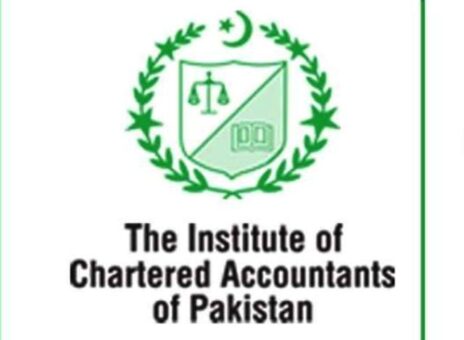KARACHI: The Karachi Chamber of Commerce and Industry (KCCI) on Friday urged the tax authorities to extend the last date for making sales tax payment and filing monthly return for the period of April 2021.
The KCCI in a statement urged the Federal Board of Revenue (FBR) to extend dates of payment and submission of Sales Tax and Federal Excise Returns for the Tax Period of April 2021 to May 30, 2021 to facilitate taxpayers as many of those had failed to submit their returns before the deadline which ended on May 21, 2021.
In a statement issued, Chairman Businessmen Group (BMG) and Former President KCCI Zubair Motiwala, while appealing the FBR to extend last date for ST and FE Returns, pointed out that the business community recently underwent prolonged holidays for eight consecutive days while arrival of containers at Karachi Port also suffered delays due to situation triggered by the colossal cargo ship that became stuck on the banks of Egypt’s Suez Canal, blocking traffic through the crucial waterway.
“Subsequently, the exports of containers which was supposed to be made in the first week of May also delayed with a lapse of at least two weeks which is a big issue for the exporters who are also facing severe liquidity crunch because of the extraordinary situation triggered by the ongoing third wave of COVID-19 pandemic and closure for eight days”, he added.
President KCCI Shariq Vohra, while referring to his letter sent to Chairman FBR Asim Ahmed, stated that the nominal extension of just three days for filing ST and FE Return was announced earlier by FBR but it was worthless as after observing prolonged holidays, it takes time for many businesses to get back to normalcy. Therefore, many taxpayers were unable to prepare and submit their Sales Tax and Federal Excise Returns for the Month of April 2021 within the announced limited extension of just a few days.
He further commented that the overall situation was not favorable for trade and industry as everybody was facing severe liquidity crunch nowadays due to very limited business activities hence, the FBR should extend the date of payment and submission of ST and FE Returns up to May 30, 2021.






